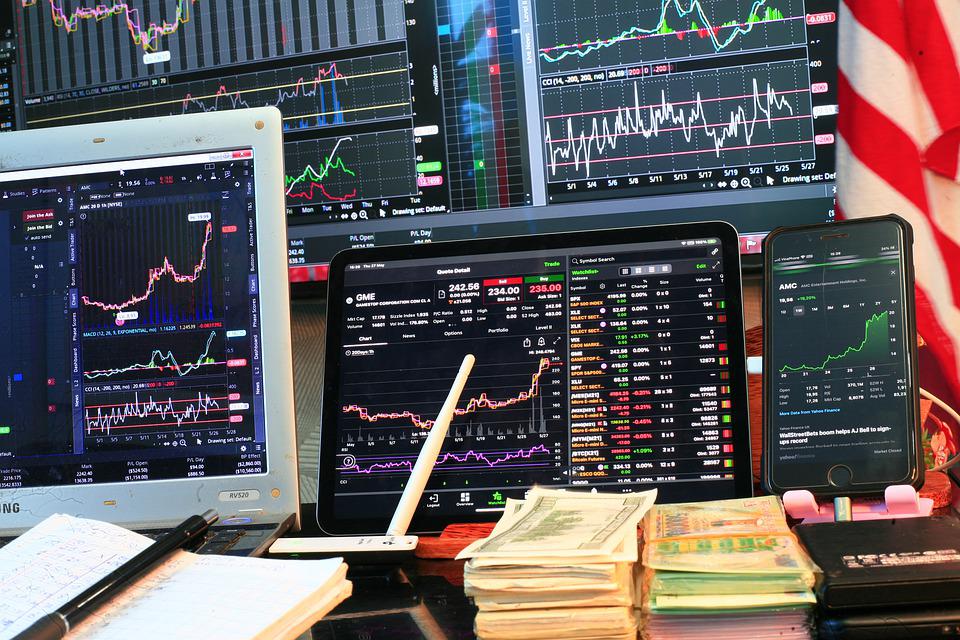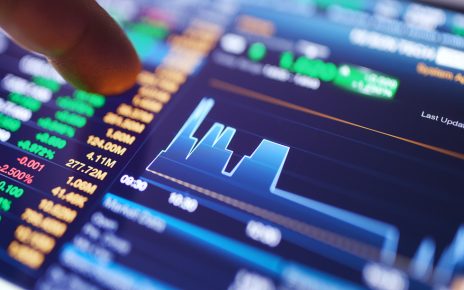- Some right-wing Republicans voiced their opposition to the bipartisan US debt ceiling agreement.
- Nvidia’s stock rose by 3.0%, falling just short of joining the club of companies valued at $1 trillion.
- Consumer confidence in the US fell by much less than expected in May.
Worries over opposition to a debt ceiling increase pressured equities on Equities, resulting in a mixed closing on Tuesday. However, the market received support from a surge in Nvidia shares, briefly propelling the chipmaker’s value to $1 trillion, a rare achievement.
The S&P 500 index closed with minimal change but remained close to its highest level since August 2022, slightly above 4,200 points. While the Dow Jones Industrial Average declined, the Nasdaq Composite increased. The S&P 500 and Nasdaq were on track to register monthly gains in May.
On Tuesday, McCarthy expressed confidence that the US debt ceiling deal would receive support from Republicans and pass successfully. However, some right-wing Republicans voiced their opposition to the bipartisan agreement.
The House Rules Committee began reviewing the 99-page bill, and President Biden engaged in discussions with progressive and moderate Democratic members of Congress.
Elsewhere, Nvidia Corp saw a reduction in its gains after reaching a record high. The company expects increased demand for its AI chips, which power popular applications like the ChatGPT chatbot.
Closing with a market cap of approximately $991 billion, Nvidia’s stock rose by 3.0%, falling just short of joining the exclusive club of companies valued at $1 trillion or more.
According to Anthony Saglimbene, the chief market strategist at Ameriprise Financial in Troy, Michigan, the Fed’s interest rate hikes have impacted economic growth and corporate profits. As a result, only about 20 companies have driven a 10% total return for the S&P 500 this year.
Saglimbene mentioned that despite progress on the debt ceiling legislation, various market concerns persist, causing many stocks to remain stagnant this year.

In May, consumer confidence fell by much less than expected, which could fuel speculation of further interest rate increases by the Fed to combat inflation. Futures traders are currently assigning a 65% chance of a 25 basis point rate hike during the Fed policymakers’ June 13-14 meeting.
Additionally, the upcoming unemployment report for May, scheduled to be released on Friday, will give insights into the economy’s resilience as higher rates affect company credit lines.





